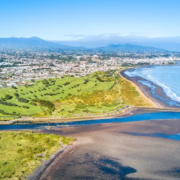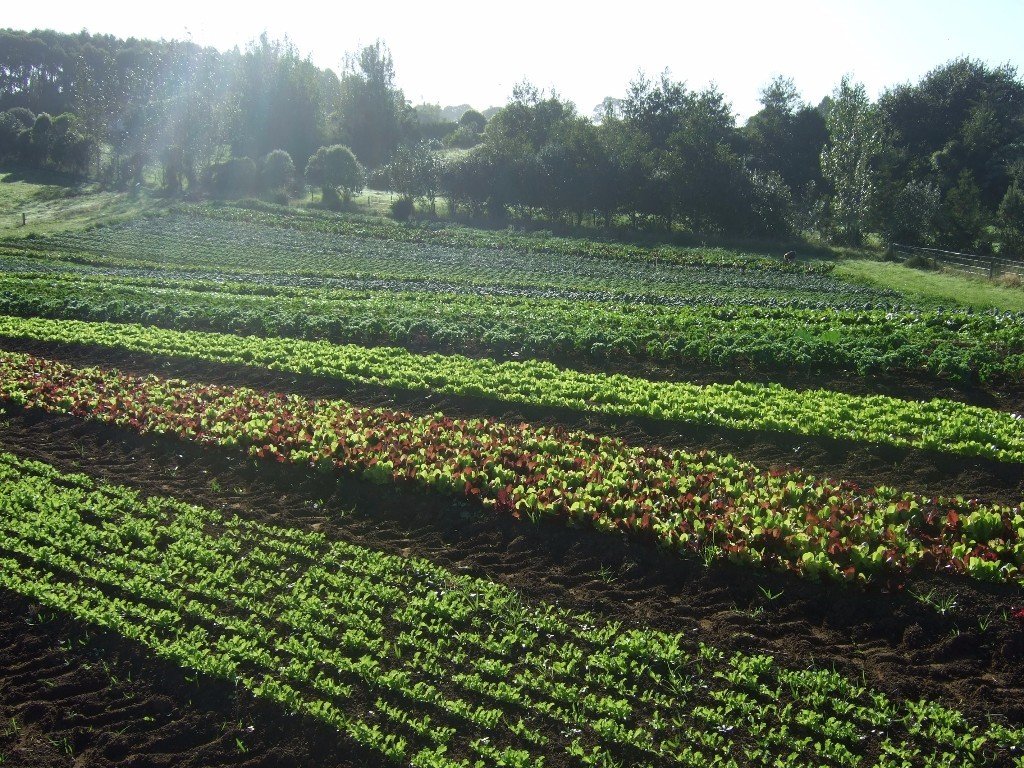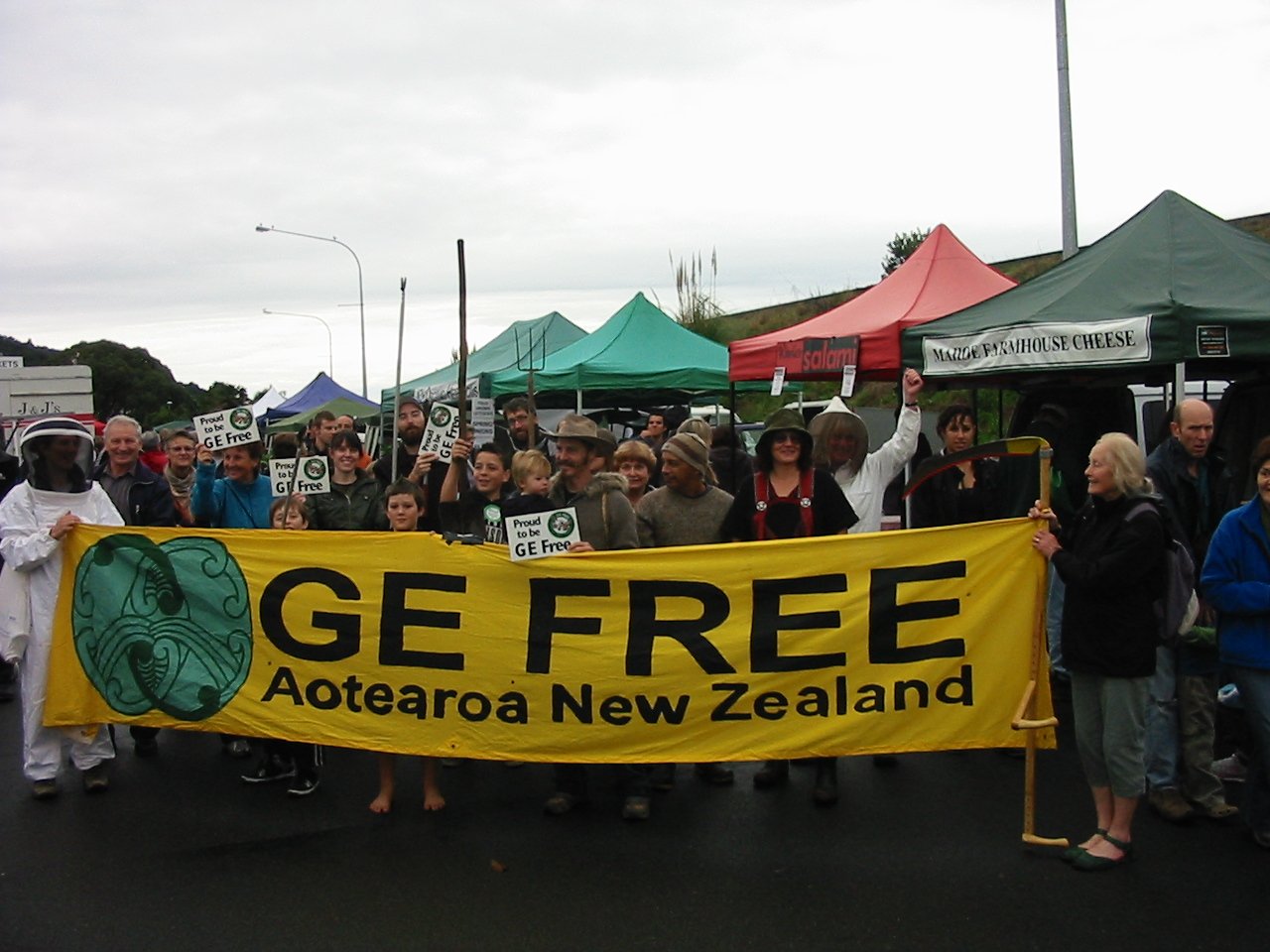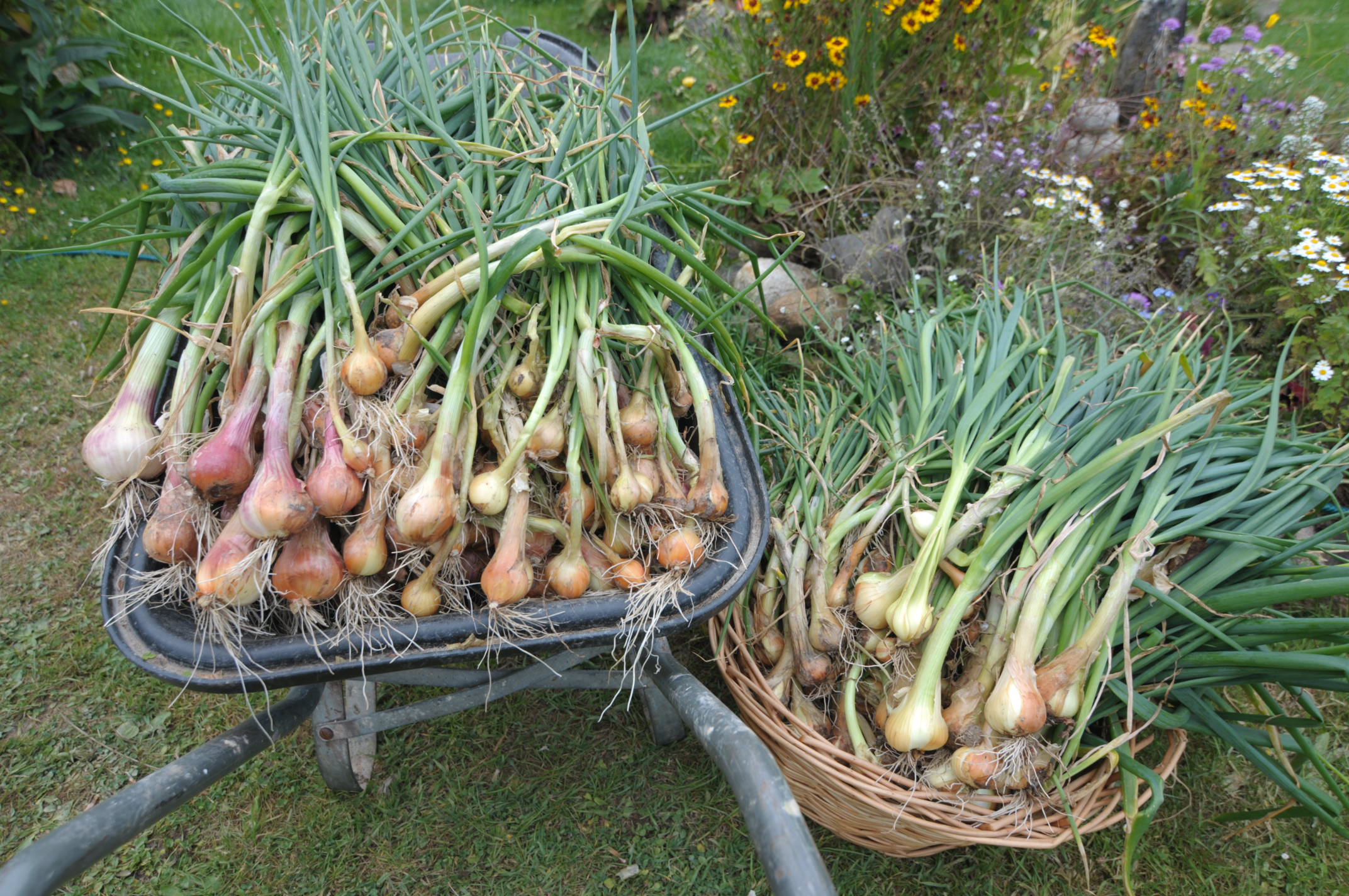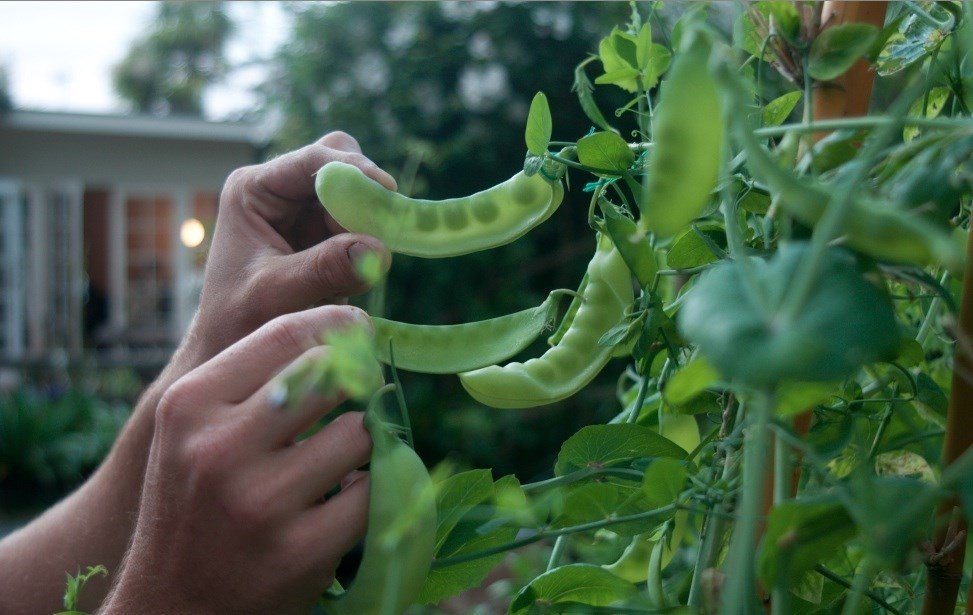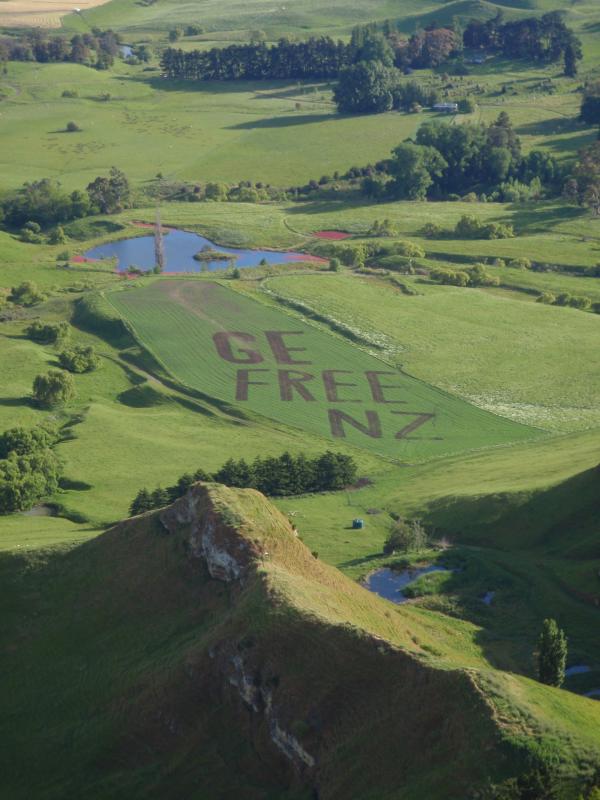Community support for a GE-free New Plymouth
Media release: Soil & Health Association of NZ 14 March 2018
The Soil & Health Association is encouraging the New Plymouth District Council to adopt precautionary provisions in the New Plymouth District Plan for any genetically engineered (genetically modified) organisms that may be trialled or used commercially.
The Proposed Draft New Plymouth District Plan as currently drafted fails to regulate or make any mention at all of GMOs. It is now open for feedback, and Soil & Health is calling on New Plymouth district residents to make submissions by Friday 16 March at 5 pm.
“We want to ensure that the Council adequately protects the district from the significant adverse effects posed by GMO use by including strong precautionary or prohibitive GMO policies and rules into its District Plan,” says Soil & Health National Council member Marion Thomson.
“We call on the New Plymouth District Council to follow the lead of the other councils around New Zealand that have already adopted precautionary provisions and banned the outdoor release of GMOs via their local policy statements and plans,” says Marion Thomson.
Auckland Council, Far North District Council and Whangarei District Council have all prohibited the outdoor release of GMOs and made field trials a discretionary activity with performance standards regarding liability and the posting of bonds.
GMOs threaten the economic sustainability of a wide range of agricultural activities that benefit from having GE-free status. This includes organic and non-organic primary producers in the New Plymouth District, including dairy, honey, forestry, horticulture and other producers.
“Markets around the world don’t want dairy products, honey and so on that are contaminated with GMOs. There are no benefits to farmers or consumers in planting GE ryegrass for example on pastoral farms,” says Thomson.
“New Zealand has already seen several GE field trials breach the conditions of approval. No matter how carefully conditions are crafted, there inevitably remains a risk that they may be breached by poor management, human error, natural events such as severe storms or even sabotage,” says Thomson.
Current laws are inadequate to properly protect communities from the potential adverse effects of GE. There is no provision under the Hazardous Substances and New Organisms (HSNO) Act for financial liability for GMO contamination resulting from the release of an approved GMO, meaning those people or companies responsible for causing harm may not be held liable.
Once GMOs have been released into the environment, they would be very difficult if not impossible to eradicate. In the case of a food product, the GE-free status of a district would likely be lost permanently, along with the market advantages of that status.
Fortunately, under the RMA, requirements for bonds for remediation and to cover the costs of contamination can be included in district plans if local councils choose to implement them.
Soil & Health’s submission can be viewed at organicnz.org.nz/submissions/submission-draft-district-plan-new-plymouth-district-council. Submissions can be made to enquiries@npdc.govt.nz by Friday 16 March 2018, 5 pm.
ENDS
Media contact
Marion Thomson
027 555 4014

